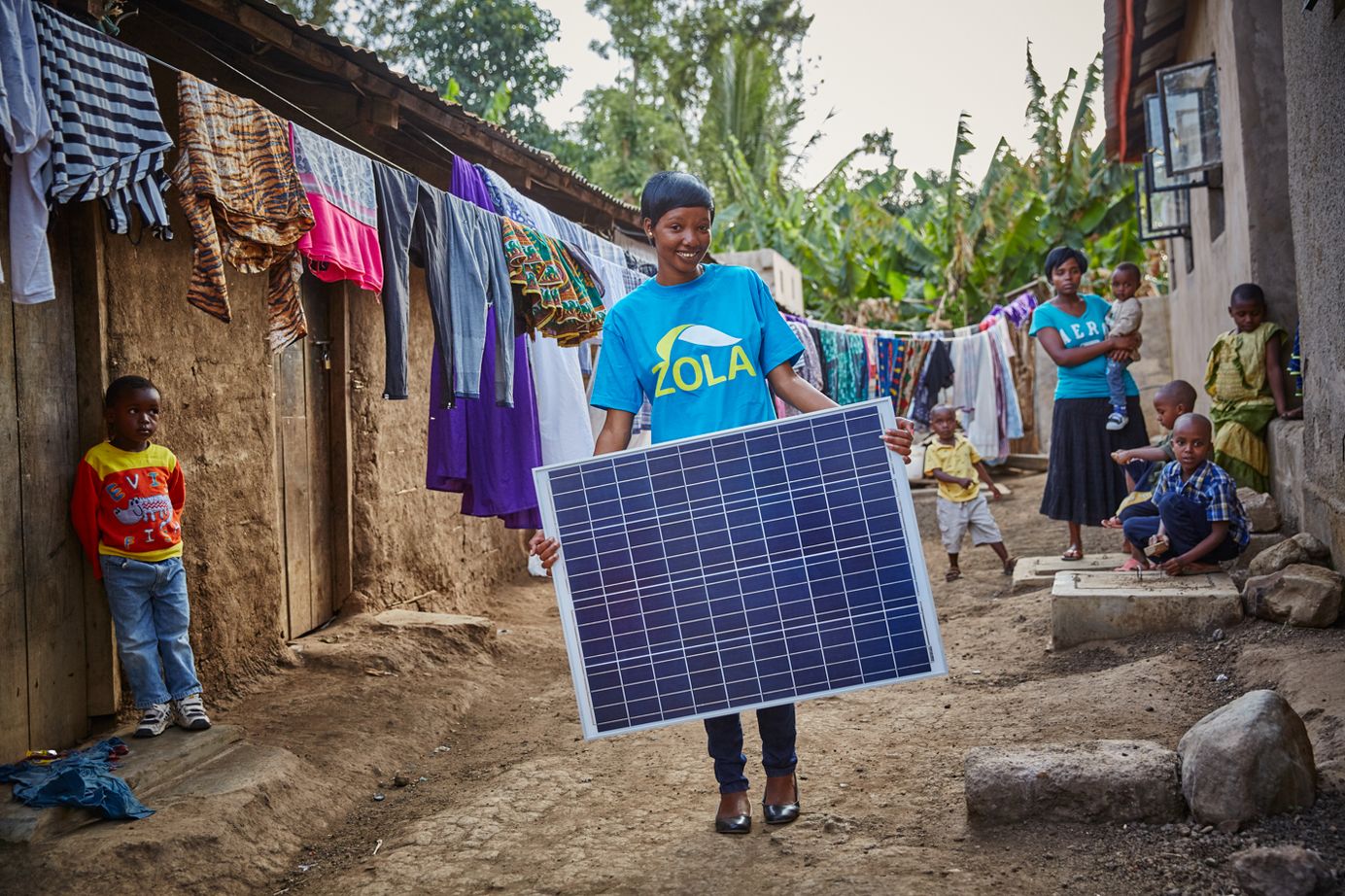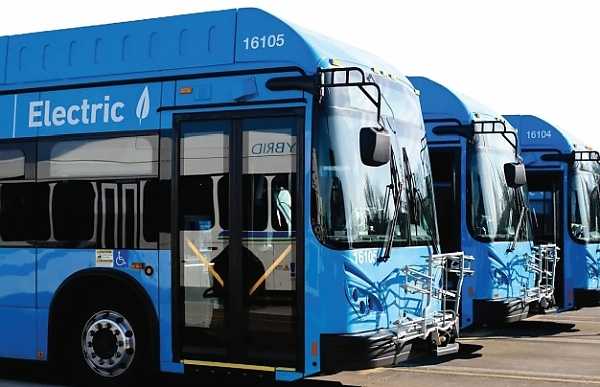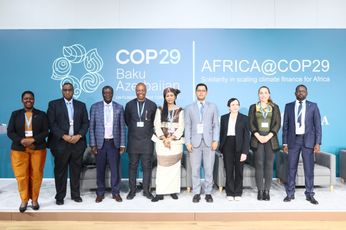
Is Africa ready to go green?
Despite its renewable energy efforts, Africa is still a long way from becoming a green energy continent.
In 2015, Asia's second-largest country by area and population, India, set a target of generating 40% of its installed electricity capacity from non-fossil energy sources during the Conference of the Parties (COP) held in Paris. As of Nov 2021, India announced that it had achieved its target of generating its electricity from non-fossil energy sources, despite the timeline of 2030.
According to Bloomberg New Energy Finance (BNEF), India's clean energy sector attracted new investments worth USD 6.2 billion in 2020. The country will witness more investment in renewables in the coming years, with the two richest men – Mukesh Ambani and Gautam Adani committing to invest $30 billion in green energy over the next decade. India appears to be making structural and market-driven progress toward becoming a more environmentally friendly nation.
India is comparable to Africa in terms of population and economic health. Africa has a slightly lower population at 1.2 billion, which is 200 million shy of India’s 1.4 billion population. In 2020, India's GDP was $2.6 trillion, outpacing Africa's $2.3 trillion. However, India's green energy execution leapfrogs Africa’s efforts. Africa's transition to renewable energy is crucial since it is the world's second-most populous continent, and the population is projected to double by 2050. An increase in population would increase energy demand and consumption, potentially leading to increased carbon dioxide (Co2) emissions on the continent.
Recently, in Nigeria, the National Distribution and Power Holding Company (NDPHC) was forced to halt the operation of six power generation facilities due to a lack of natural gas. With the technologies being developed in renewable energy, solar panel energy connected to the grid (grid-tie system) can allow consumers to offload any excess energy to be distributed to other consumers, which could have served as an alternative. Renewable energy also contributes to economic growth and has positive social and health benefits. According to the International Renewable Energy Agency (IRENA), the renewable energy sector had created over 12 thousand jobs as of 2020.
Despite stunted aggregated renewable energy adoption across Africa, African countries such as Ghana, Ethiopia, Kenya, Mozambique, and Zambia are leading the region’s transition to renewables, with Kenya generating over 92% of its electricity from renewables, according to Kenya's National Bureau of Statistics.
However, other African countries such as Botswana have taken the first step by launching a long-term vision for renewable energy development. Shumba Energy, a coal mining and energy development company in Botswana, secured $950,0000 in 2021 towards developing the largest solar project with an estimated capacity of 100MW. Given the context above, Africa has demonstrated that it has the resources to make a complete transition to a green economy provided the appropriate policies are implemented.
Africa has a long way to go; the continent requires more focused investment in generation, transmission and distribution assets to eliminate power outages and boost access to electricity for the populous. Africa needs to move beyond electricity generation to clean transportation systems and further reduce Co2 emissions. The continent is miles away from achieving the status of a clean energy continent despite its seeming readiness.
FullyGreen Newsletter
Join the newsletter to receive the latest updates in your inbox.








